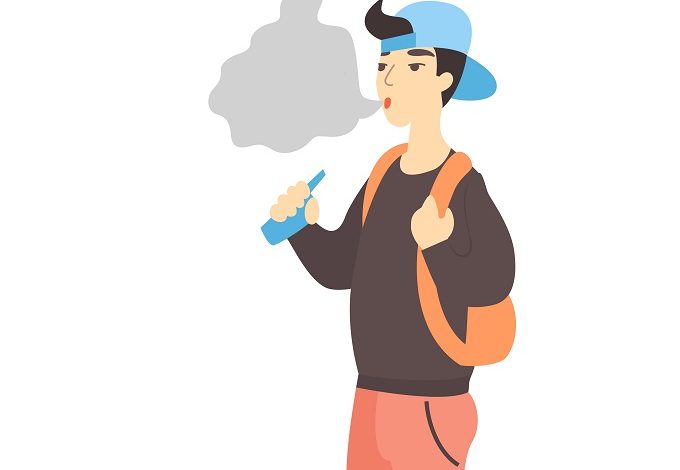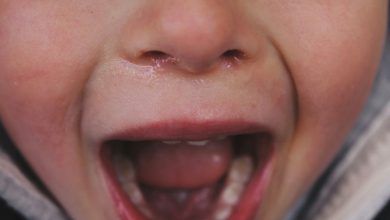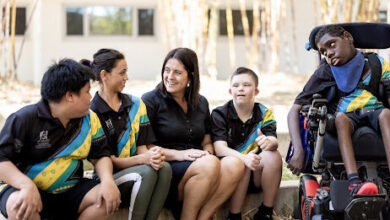New youth vaping study splits opinion
While there's no 'epidemic' in NZ, Māori health advocates remain concerned

A major study of youth smoking by ASH New Zealand and the University of Auckland shows that while some young people are experimenting with vaping, daily use of an e-cigarette is occurring overwhelmingly in existing smokers.
The study suggests that non-Māori and non-Pacific are at comparatively low risk of taking up smoking and vaping, while Māori and those in less affluent communities are far more likely to smoke and/or vape.
Maori public health service Hāpai Te Hauora said it believes the study confirms the need for more targeted measures to support youth at risk of smoking and vaping and that different types of youth interventions are needed, to ensure not only youth smokers, but also youth who are switching away from smoking are well-supported, well-informed and in a strong position to quit entirely.
Dr Natalie Walker, lead author of the study has told Hāpai: “We need to identify the groups that we most need to educate and support, and this study tells us who we most need to work alongside.”
Selah Hart, CEO of Hāpai Te Hauora and Acting General Manager of the National Tobacco Control Advocacy Service hopes the study will also allay fears raised by NZ school principals from higher decile schools about a ‘vaping epidemic’ among their students. “In reality,” says Hart “it’s those in less affluent communities who are at far greater risk.”
Hāpai has called on the government to provide education and cessation services for youth who are most at risk from tobacco-related addiction and to continue to support research into how vaping is affecting youth smoking behaviours.
Hart proposes earlier education about lifestyle choices that can prevent tobacco-related addiction in adolescence and adulthood, supported by proper funding for mass-media campaigns.
“It’s time the Government allocated more money from tobacco tax revenue — currently estimated to be around $2bn — to assisting communities suffering from generations of tobacco addiction and harm,” says Hart.
“Rangatahi should be arriving at high school with good health literacy and the ability to ask questions about tobacco addiction and why there are still people smoking. And if they are seeing vaping they should be able to recognise it as an adult-only, harm reduction activity.”
Hāpai also wants urgent Government action to protect youth from vaping products, such as removing point-of-sale marketing displays. Says Hart, “Let’s reduce access, increase knowledge, make sure that we reduce any known harms associated with vaping and make sure the benefits to addicted smokers who are quitting remain.”









